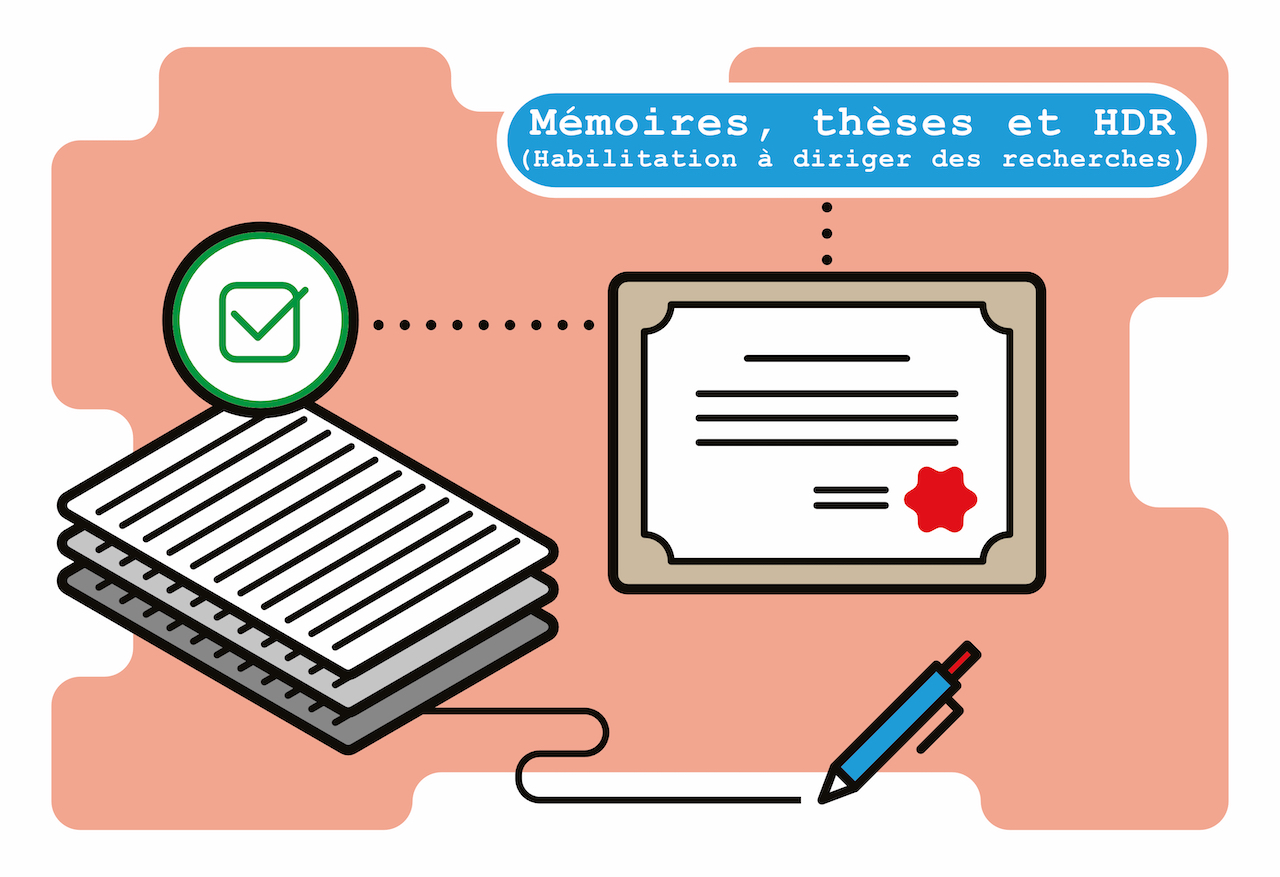Bridging the Gap Between Punishment and Care: An Ethnographic Study of the Breddon Women's Centre and its Relationship to the State
Fiche du document
20 février 2025
- ISIDORE Id: 10670/1.4c44ca...
All rights reserved , http://purl.org/NET/rdflicense/allrightsreserved
Mots-clés
feminist criminology punishment carceral care intersectionality women's victimisation women's centresSujets proches
Scientific research Science research Science--ResearchCiter ce document
Kavya Padmanabhan, « Bridging the Gap Between Punishment and Care: An Ethnographic Study of the Breddon Women's Centre and its Relationship to the State », Apollo - Entrepôt de l'université de Cambridge, ID : 10670/1.4c44ca...
Métriques
Partage / Export
Résumé
This research was based upon nine months of ethnographic ‘observant participation’ in the Breddon Centre, a women’s centre in England. Women’s centres are gender-responsive alternatives to incarceration that offer holistic and wraparound support for vulnerable women in England and Wales. By acting as a quasi-caseworker and working closely with clients, co-leading groups in the Centre, and assisting with day-to-day support, this research captures an intimate depiction of daily life in the Breddon Centre. In addition to these ethnographic observations, this thesis utilises data from 16 life history interviews with Breddon Centre clients conducted via convenience sampling—assisted by caseworker referrals— and 10 semi-structured interviews with caseworkers employed in the Centre. This thesis contributes to the gap in the literature base by producing an intersectional analysis of women’s centres in England and Wales, which has been the subject of little research to date. This research frames the Breddon Centre as a white and heteronormative embodiment of power and bounds the Centre’s care work within this positioning. Furthermore, employing an embedded methodology, this research provides a unique glimpse into the functioning of the Breddon Centre, exploring the daily running of women’s centres and its relationship to the penal and welfare states. This is an original contribution to the scholarly base. Most of the literature on women’s centres has solely focused on its relationship to the penal state, and this thesis adds new insights by taking a more expansive view of the role that the Breddon Centre played in the greater Breddon community. The Breddon Centre was situated at the nexus of welfare and penal interventions. Much of the caseworkers’ day-to-day roles centred around advocating for their clients to different agencies within the welfare state. While the Centre struggled to manage their relationships with many of these welfare agencies; they oftentimes had more positive relationships with the penal state. At times, the penal state would offer Breddon Centre clients a sense of ambiguous care. This finding offers a nuance to scholarship that has solely identified a ‘punitive turn’ in the welfare and penal states (e.g. Garland, 2001; Wacquant, 2009). This subversion of punishment and welfare was noticeable within the Breddon Centre. This research found that caseworkers performed intimate acts of care by cultivating deep relationships with their clients. This was based upon the Foucauldian conception of pastoral power. However, while the Breddon Centre provided real and integral support to their clients; they were nevertheless situated as a gender-responsive alternative to incarceration and, at times, disseminated a neoliberal-carceral discourse to their clients that many scholars have identified to be prominent within these settings (e.g. Carlen & Tombs, 2006; Haney, 2010; McKim, 2017). This thesis articulates an intersectional theory of state to make sense of the multiple embodiments of power in the Breddon Centre. This is an original contribution to scholarship on intersectionality and state studies. Viewing power in its macro- and micro- dimensional forms and as layered embodiments, this dissertation contends that an intersectional theory of state views power formations as loosely organised, at times diverging, and at times converging. This theorisation provides a lens to better understand the ways in which both penal power and pastoral power operated and shaped the organisational ethos of the Breddon Centre and interacted with identity-based conceptions of the clientele. In describing these intersectional and interwoven productions of care and penal power, this research produces a complex and grounded depiction of social life in the Breddon Centre.
